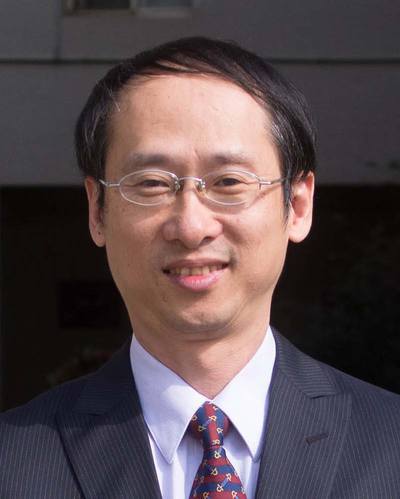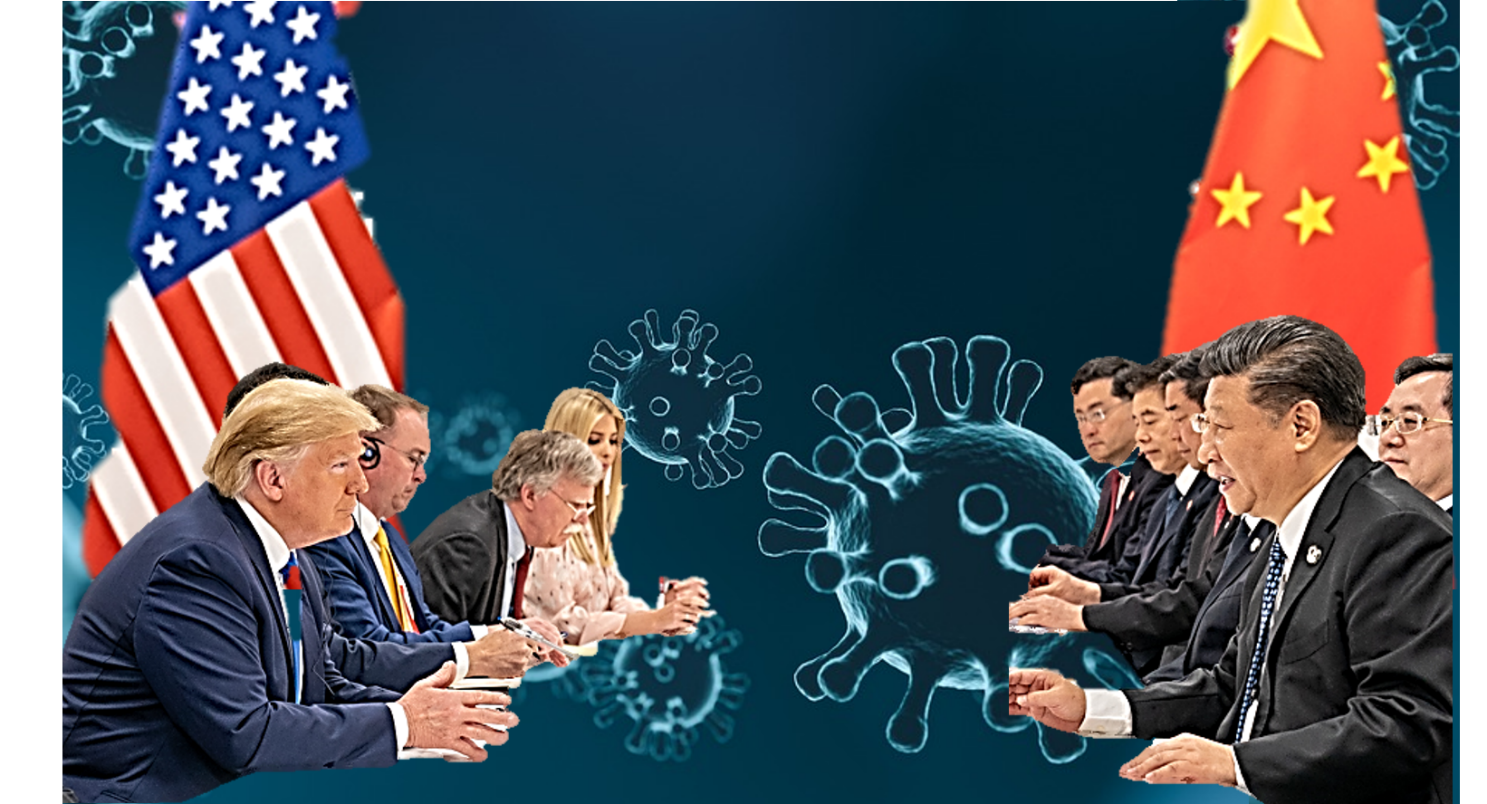Prospect Quarterly, Vol.22 No.4, October 2021
Source: https://en.wikipedia.org/wiki/China%E2%80%93United_States_relations#/media/File:President_Trump_at_the_G20_(48162296516).jpg。
「臺灣社會科學引文索引」(TSSCI)核心期刊
Prospect Quarterly, Vol.22 No.4, October 2021
Chang-ching Tu
(Assistant Professor, Graduate Institute of Strategic Studies,
National Defense University)
Abstract
This study combines the theories of the Copenhagen School and critical constructivism to establish a complex security analysis framework, using “text-mining” software to analyze U.S. and Chinese diplomatic documents. It shows that during the pandemic, the U.S. security discourse on China has expanded toward the differences in ideology and political systems between the two sides. In contrast, Chinese official documents have used the soft argument against “stigmatization” to remove the link between the “signifier” of the virus and the “signified” of ideology. The Chinese rhetoric also attempted to bring the impact of the pandemic back to the professional level of public health care, with a discourse that is expanded from health care to multinational cooperation in various fields to avoid “over-securitization” of this issue.
Keywords: Securitization, Text-mining, Critical Constructivism, World Event Interaction Survey (WEIS), Kubo Chinese Corpus Analysis System (CORPRO)
(Associate Professor, Department of Public Security,
Central Police University)
Abstract
Intelligence failure has been regarded as one of the reasons for the Trump administration’s poor response to the COVID-19 pandemic. This paper argues that early-warning intelligence regarding the origin of pathogens and information about the pandemic were inadequate. Intelligence analysts and national security officials did not fully comprehend the dire consequences of biological warfare and epidemic. The entire U.S. pandemic surveillance system was too dispersed to facilitate information sharing. And President Donald Trump’s unwillingness to accept advice from intelligence agencies, medical experts and public health officials also led to delays in COVID-19 pandemic response.
Keywords: COVID-19, Intelligence Failure, Medical Intelligence, Public Health Surveillance, Politicization of Intelligence
(Associate Professor, Department of Public Administration,
National Dong Hwa University)
Abstract
Due to the internal structural adjustments and the performance tests caused by external crises, the EU has experienced several reforms in recent years, affecting the competence of the EU’s most important administrative institution, the EU Commission. In the EU’s development, the intertexture of supranationalism and intergovernmentalism is the driving force behind the construction of EU governance. This study observes the institutional reform of the EU Commission from the angles of supranationalism and intergovernmentalism, with a focus on the Commission’s competence enlargement and the checks and balances it faces. This study takes the Commission’s performance in external trade policy and crisis management in recent years as case studies to explore the challenges that the Commission faces in governing the EU.
Keywords: EU Commission, Checks and Balances, Supranationalism, Intergovernmentalism, FTA




